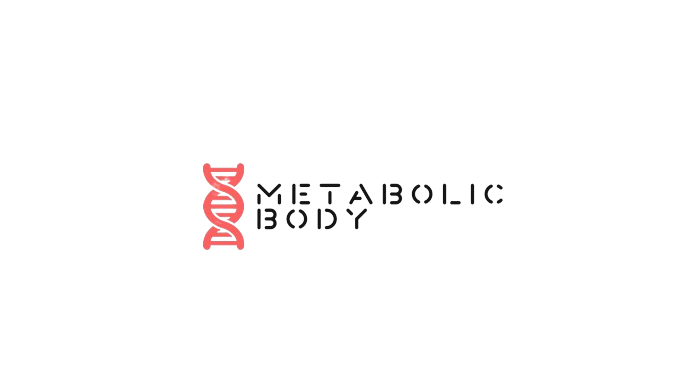© Metabolic Body. All rights reserved.
FAQ
For your convenience, we’ve answered some of our most frequently asked questions. For further inquiries or specific requests, please Contact Us.
You Can Supercharge Your Health Today!
Take charge of your health and address common concerns like digestion, skin health, energy levels, mood, weight management, and blood sugar control.

About Nutritional Therapy
Food plays a central role in our health. A balanced diet rich in natural, whole foods can significantly impact our well-being
Your body is a great communicator! Here are some signs that a dietary change might be beneficial:
• Low energy: Feeling tired throughout the day can be a sign your diet isn’t giving you the fuel and/or micronutrients you need.
• Digestive issues: Frequent bloating, indigestion, constipation, or heartburn can indicate dietary imbalances.
• Mood swings: Feeling irritable or sluggish can be linked to what you eat.
• Trouble sleeping: Difficulty falling asleep or staying asleep might be connected to your diet.
• Skin problems: Breakouts, rashes, or dullness could be a sign of inflammation and/or nutritional deficiencies caused by your diet.
Making a change doesn’t have to be overwhelming. Start small and focus on adding more whole foods like fruits, vegetables, nuts, seeds, and quality animal products.
Absolutely! Here are some tips for healthy eating on a busy schedule:
• Meal prep: Dedicate some time on the weekend to cook and portion out meals for the week. This saves time during the week and ensures you have healthy options readily available.
• Frozen vegetables: Frozen vegetables are a great way to get nutrients without spending time chopping. They’re flash-frozen at peak freshness and often retain most of their vitamins and minerals.
• Canned beans and lentils: Canned beans and lentils are a cheap and convenient source of protein and fiber. Rinse them to reduce sodium content and add them to salads, soups, or rice bowls.
• Quick and healthy snacks: Stock up on healthy snacks like fruits, nuts, yogurt, and whole-grain crackers. These are easy to grab on the go and keep you feeling satisfied between meals.
No! A balanced diet is all about moderation. It’s okay to indulge in your favorite treats occasionally. The key is to focus on healthy eating most of the time. You can also find healthier versions of your favorite foods. For example, bake sweet potato fries instead of regular french fries or make a homemade pizza with whole-wheat crust and veggie toppings.
Dietary supplements can be beneficial for certain individuals, especially for filling nutrient gaps or addressing specific health issues. However, they should not be used as a substitute for a balanced and nutritious diet. Whole foods provide a wide range of essential nutrients, fiber, enzymes, and other beneficial compounds that cannot be replicated by supplements alone. It’s essential to prioritize a healthy diet as the foundation of good health and use supplements as necessary to complement it, under the guidance of a healthcare professional if needed.
There is no “one-size-fits-all” approach to dieting that works for everyone. The best diet is the one that considers your individual needs, preferences, health goals, and lifestyle factors. It’s essential to find a sustainable eating pattern that you can maintain in the long term, rather than following fad diets or trends that may not be suitable for you. Consulting with a registered dietitian or nutritionist can be particularly helpful in finding the right dietary approach tailored to your specific needs and circumstances.
Regular exercise, eating whole foods, prioritizing sleep, and staying hydrated are powerful tools to optimize your health and well-being.
Our bodies thrive on whole, unprocessed foods, similar to what our ancestors consumed. These foods provide the essential nutrients our bodies need to function optimally, rather than relying solely on products packaged for convenience.

